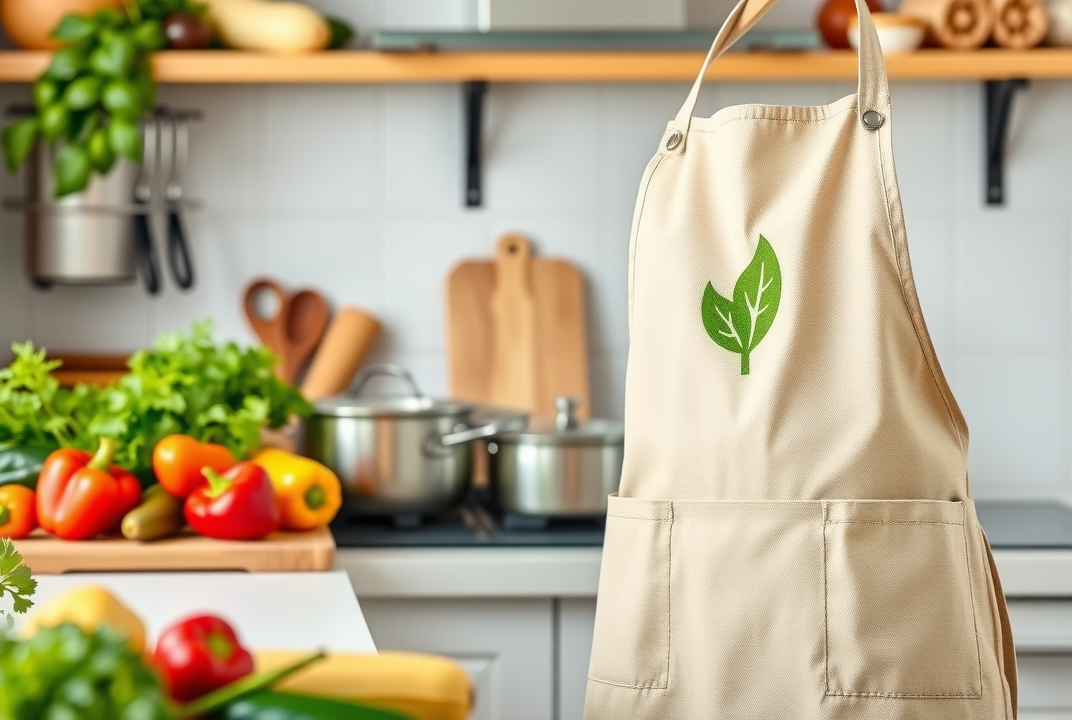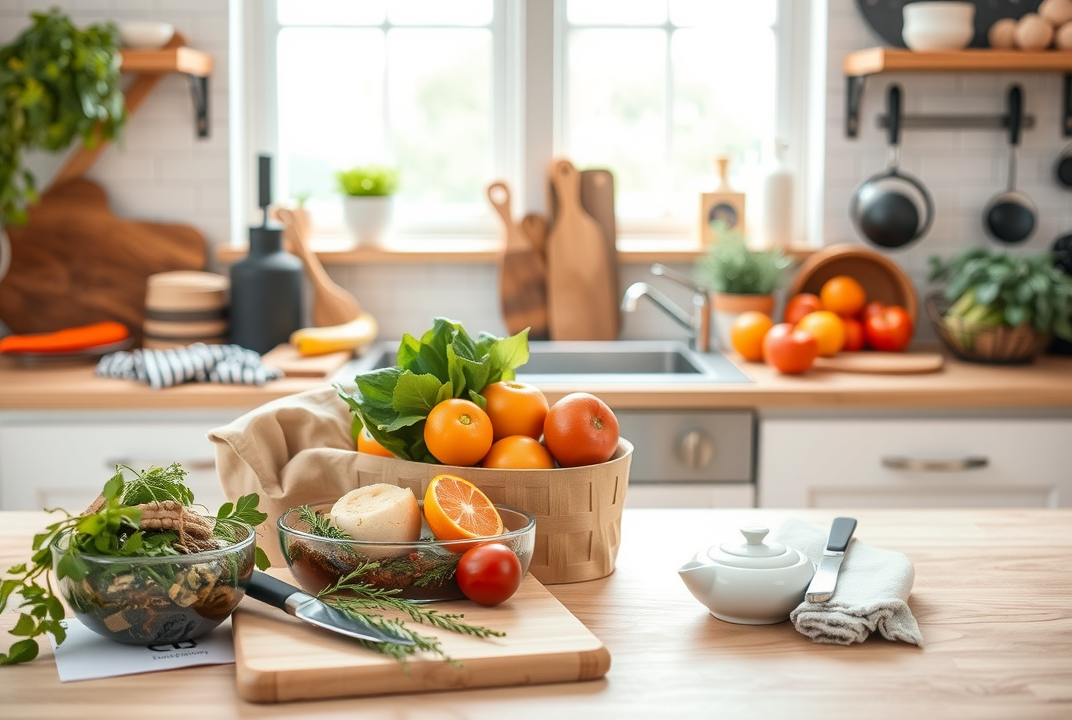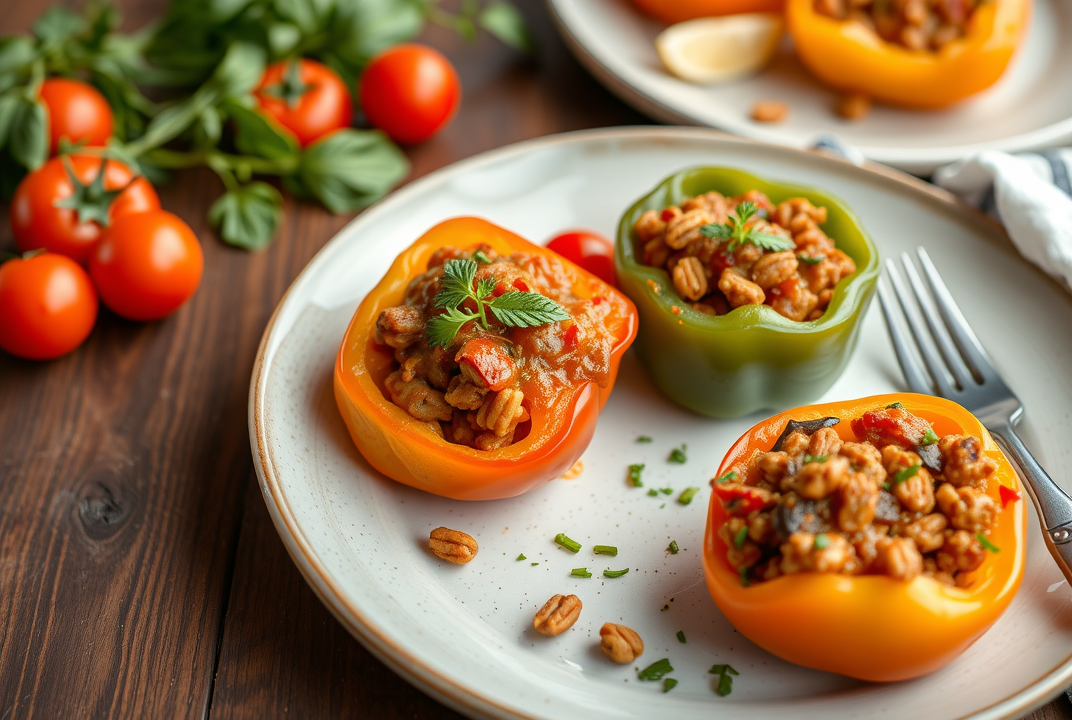Celebrate Sustainability in the Kitchen: Join a Holiday Cooking Class

Introduction
Could your holiday feast be both delicious and gentle on the planet?
As more people become aware of their impact on the environment, there's an increased desire to make eco-friendly choices—even in the kitchen. Whether it's reducing food waste or choosing organic ingredients, sustainable cooking has become essential. This article will guide you on how to transform your holiday meals into a sustainable feast.
Understanding Sustainable Cooking
Cooking sustainably means using practices that are healthy for both people and the planet. It's about low-impact methods, minimal waste, and mindful ingredient selection.
-
Use Local Ingredients: Buying local reduces the carbon footprint associated with transporting goods across long distances.
-
Organic Choices: Organic farming avoids harmful pesticides, benefiting wildlife and soil health.
-
Seasonal Vegetables: These are fresh and require less energy to grow and transport.
Benefits of Taking a Sustainable Holiday Cooking Class
Participating in a cooking class focused on sustainability could transform your holiday experience.
Learn Practical Tips
Instructors often offer practical guidance on reducing waste, selecting ingredients, and energy-efficient cooking.
Enjoy Hands-on Experience
Get to practice cooking techniques with experienced chefs guiding you, ensuring you understand each process.
Meet Like-minded Individuals
Connect with others who share a passion for sustainable living, exchanging ideas and tips.
Step-by-Step: How to Cook a Sustainable Holiday Meal
Creating a sustainable holiday spread doesn't have to be complicated. Here's how you can approach it:
-
Plan Your Menu
-
Choose recipes focusing on plant-based ingredients. This lowers the carbon footprint since they often require fewer resources than animal products.
-
Consider a mix of traditional dishes with a sustainable twist.
-
-
Shop Wisely
-
Visit local farmer's markets for fresh and local produce.
-
Opt for bulk purchasing to reduce packaging waste.
-
-
Cook Efficiently
-
Use energy-efficient appliances like induction cooktops and convection ovens.
-
Ensure cook times are optimized to save electricity.
-
-
Reduce Waste
-
Compost scraps and leftovers. Composting not only minimizes landfill waste but enriches garden soil.
-
Repurpose leftovers into new meals, perhaps using vegetable scraps for stock.
-

Top Eco-Friendly Recipes for the Holidays
Reduce your environmental impact with these delicious and simple recipes.
1. Stuffed Bell Peppers
-
Ingredients: Local bell peppers, quinoa, seasonal vegetables
-
Method: Roast the peppers and fill with a mix of quinoa and vegetables. Bake until golden.
2. Sustainable Shepherd’s Pie
-
Ingredients: Lentils, carrots, potatoes
-
Method: Replace lamb with lentils for a delicious, plant-based alternative.
3. Root Vegetable Roasts
-
Ingredients: Carrots, beets, parsnips
-
Method: Toss in olive oil and roast until caramelized.

How to Choose the Right Cooking Class
Not all cooking classes are created equal. Here's how to select one that suits your goals:
Online vs. In-Person
-
Online classes offer flexibility and the convenience of learning from home.
-
In-person classes provide hands-on experience and immediate feedback.
Check the Curriculum
-
Ensure the class offers instruction on sustainable practices, not just cooking techniques.
Assess Instructor Expertise
-
Look for classes taught by experienced chefs who are passionate about sustainability.
Conclusion
Adopting sustainable practices during the holiday season doesn't mean sacrificing flavor or tradition. Whether through cooking classes or individual effort, you can lead the change towards a more eco-friendly kitchen. Let your next holiday meal be a testament to your commitment to the planet.
Ready to make your holidays sustainable? Sign up for a class today and transform your kitchen practices!

